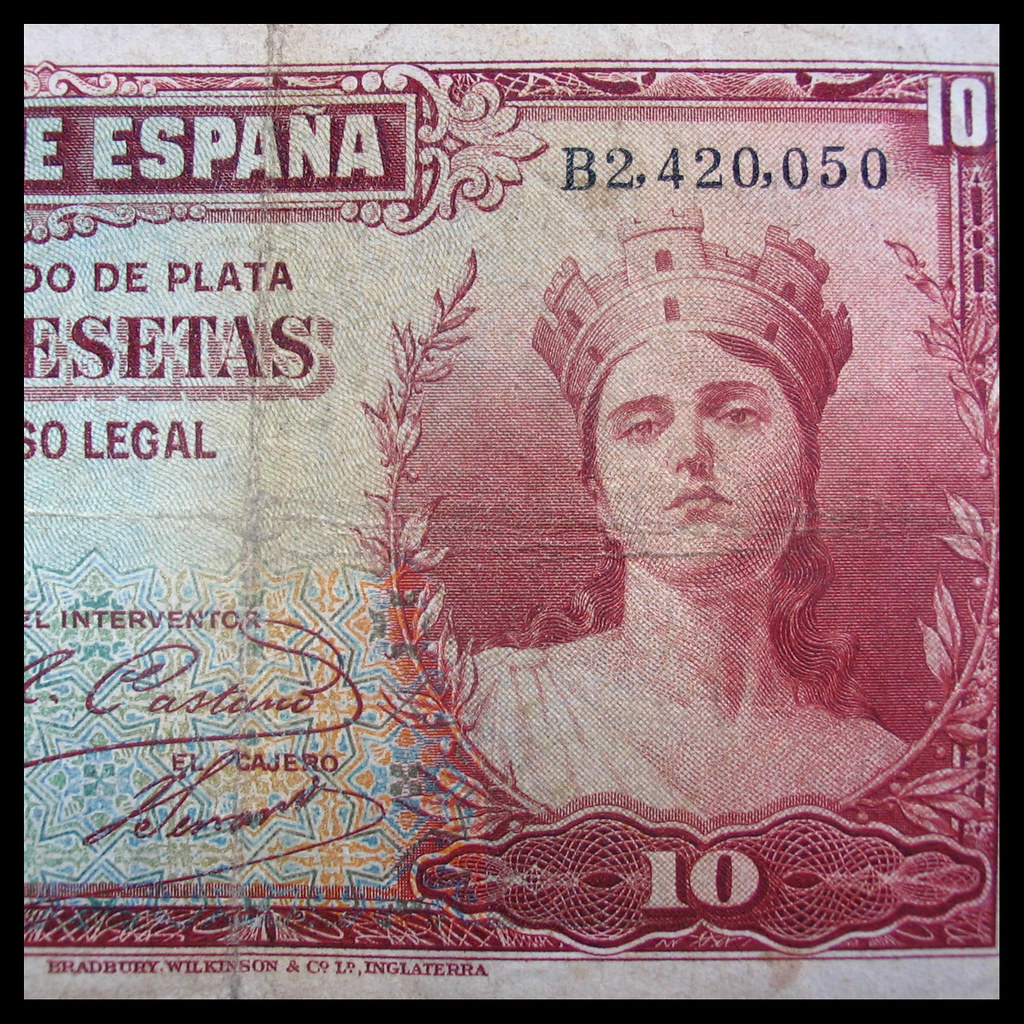- This morning, the head of the government and Minister Chacón headed a ceremony to constitute the Advisory Council of the Catalan Agreement on the Knowledge Society
- The Council will advise the Plenary and the Permanent Committee of the PN@SC, whose mission is to create a framework for discussion and reference on future policy related to universities, research and innovation
President of the Government of Catalonia, Quim Torra, this morning called for a broad cultural change to “embrace and believe in a large-scale project for Catalonia” – the knowledge society. “A large majority of Catalans believe Catalonia’s future depends to a significant degree on the success of this initiative,” said the head of the government, adding that the challenge “goes beyond any particular government, and we’re committed to ensuring that the project is carried out in an effective way”.
Quim Torra made these statements during a ceremony to constitute the Advisory Council of the Catalan Agreement on the Knowledge Society (PN@SC), held this morning in the Torres Garcia Room of the Palau de la Generalitat. Together with the Minister of Business and Knowledge, Àngels Chacón, the president appointed the members of the Council, which will be chaired by Màrius Rubiralta. The members are rectors, professors, scientists and business, social and cultural leaders. The Council’s role will be to advise the Plenary and the Permanent Committee of the PN@SC, whose mission is to create a framework for discussion and reference on future policy related to universities, research and innovation.

The president said he would like the 21st century to be an age of knowledge in Catalonia. “This will depend on the virtuous circle between research centres, universities and companies. [However], if there isn’t a cultural change – if we don’t see that this is the way for Catalonia to have its own distinctive voice in the world and play a leadership role – it will be very difficult to achieve this.”
Torra said that if the Catalan government was not able to secure the budget resources required from Madrid, the project to strengthen the knowledge society would not make sense. “We’re working to make this happen, and we hope this too will be a reality.”
Minister Chacón said: “The Catalan Agreement on the Knowledge Society should help position Catalonia internationally in the knowledge economy and highlight the value of our assets. This transformation will have a significant social impact.”
The minister asked the members of the Council for their opinions and ideas, because “the Council should be a place where we can create and strengthen spaces for dialogue and debate”.
In January of this year, the Catalan government decided to create a programme to launch and develop the PN@SC, and the initiative was publicly announced on 31 January. The Agreement is a shared strategy of higher education, research, innovation, and social and economic actors to build the Catalonia of the future. It includes all of the actors involved in generating, transmitting and applying knowledge, and will serve as a framework for discussion and reference on future policy related to universities, research and innovation.
In addition to the president, the minister and the members of the Council, the event today was attended by the Secretary for Business and Competitiveness, Joaquim Ferrer; the Secretary for Universities and Research, Francesc Xavier Grau, and the coordinator of the PN@SC, Mercè Chacón.
Source: Catalan Government
Knowledge Society Photo credit: seriykotik1970 on VisualHunt.com / CC BY-SA

Leave a Reply